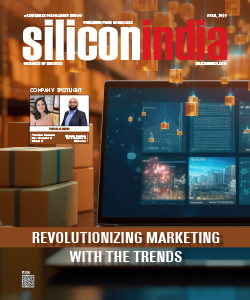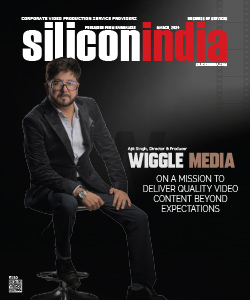Enterprise Interest in Windows 8 is Going Down
David Johnson of Forrester Research exclaimed that 24 percent of more than 1,200 North American and European IT hardware purchasers interviewed said that they have no plans to shift to Windows 8 in near future.
The survey also covered other aspects on Windows 8 migration, and the news isn’t that positive. Among the respondents, around 4 percent said that they are planning to migrate in the next 12 months while nearly 5 percent said that they may start to think about only a year after. The numbers clearly suggest that the perception is going down compared to 7 percent and 10 percent who said the same three years ago.
"Most companies are still in the midst of their Windows 7 migrations, or have only finished them," Johnson said. "They don't have the time or the money for another Windows migration."
The survey also shed some light on problems with Windows 8 adoption across enterprises. Some of the main problems where migration fatigue, limited appeal of the apps from Windows app store and the confusion among vendors and IT professionals.
"IT professionals are not quite sure how their users will accept the UI," said Johnson. ”The loss of familiar attributes like the Start button for navigation, or the potential for confusion between apps running on the legacy Windows desktop and those running in the new Windows 8 interface, will cause disorientation and frustration."
The survey spoke of Windows 8 perception across the tablet market. 20 percent of the respondents preferred Windows 8 tablets, while 26 percent opted for iOS and 11 percent picked Android.
“There's concern among decision makers that the OS refresh of Windows 8 should be tied to a hardware refresh, but with the Windows 7 migration just finished or still under way, they're not going to be anxious to do another PC refresh any time soon," exclaimed Johnson.



